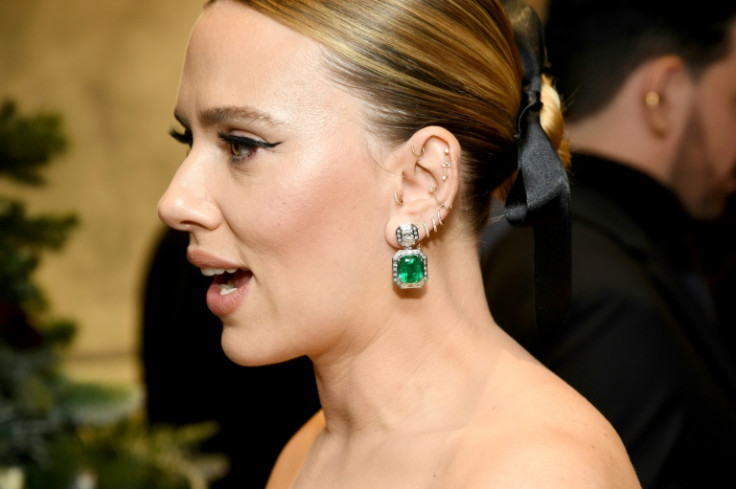OpenAI To 'Pause' Voice Linked To Scarlett Johansson

ChatGPT-maker OpenAI on Monday said it was working on temporarily muting a synthetic voice that sounds a lot like that of actress Scarlett Johansson.
The artificial intelligence powerhouse said in a blog post that the "Sky" voice at issue was based on the natural speaking voice of a different professional actress and not meant to sound like Johansson.
"We believe that AI voices should not deliberately mimic a celebrity's distinctive voice," OpenAI said in the post.
"Sky's voice is not an imitation of Scarlett Johansson."
OpenAI is working on a way to "pause" Sky as it addresses what appears to be confusion about who it sounds like, the company said in a post on X, formerly Twitter.
"We've heard questions about how we chose the voices in ChatGPT, especially Sky," OpenAI said.
The company explained that it worked with professional voice actors on synthetic voices it named Breeze, Cove, Ember, Juniper and Sky.
But Sky became the focus of attention last week when OpenAI released a higher-performing and even more humanlike "GPT-4o" version of the artificial intelligence technology that underpins ChatGPT.
In a demo, the new version of Sky was at times even flirtatious and funny, capable of seamlessly jumping from one topic to the next, unlike most existing chatbots.
But several observers noted the resemblance with Johansson, who voiced the central character in the film "Her" -- a cautionary tale about the future in which a man falls in love with an AI chatbot.
Adding to the confusion, on the day of the demo, OpenAI CEO Sam Altman posted a single word tweet on X: "Her."
So far in the AI frenzy, most tech giants have been reluctant to overly humanize chatbots.
Microsoft vice president Yusuf Mehdi told AFP his company, which has a partnership with OpenAI, sought to make sure that AI was not "a he or a she," but rather a "unique entity."
"It should not be human. It shouldn't breathe. You should be able to...understand (it) is AI," he said.
OpenAI said it was working to address the problem just days after confirming it disbanded a team devoted to mitigating the long-term dangers of artificial intelligence.
OpenAI weeks ago began dissolving the so-called "superalignment" group, integrating members into other projects and research.
Company co-founder Ilya Sutskever and superalignment team co-leader Jan Leike announced their departures from the San Francisco-based firm last week.
© Copyright AFP 2024. All rights reserved.











